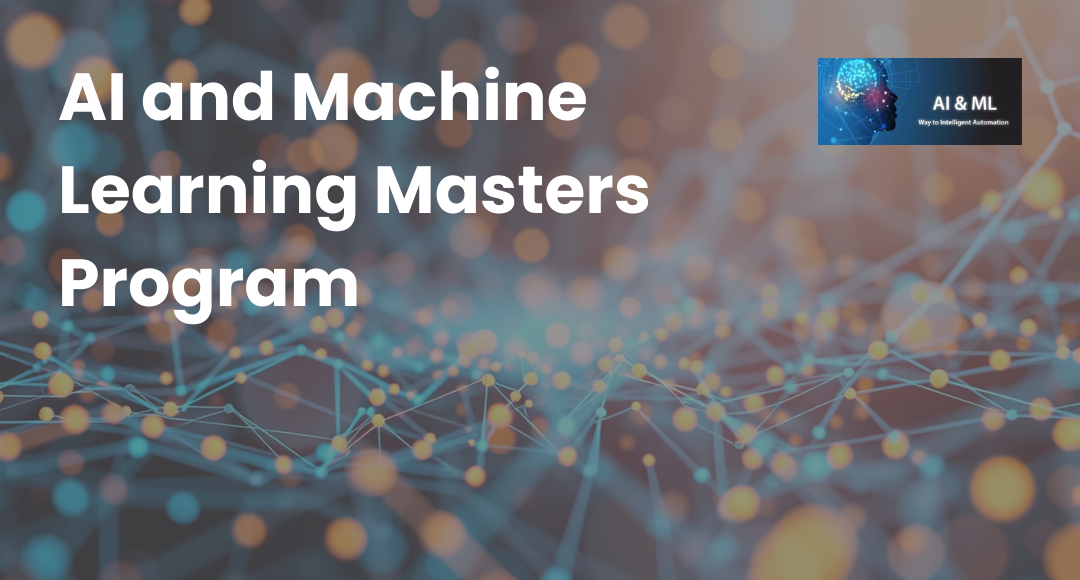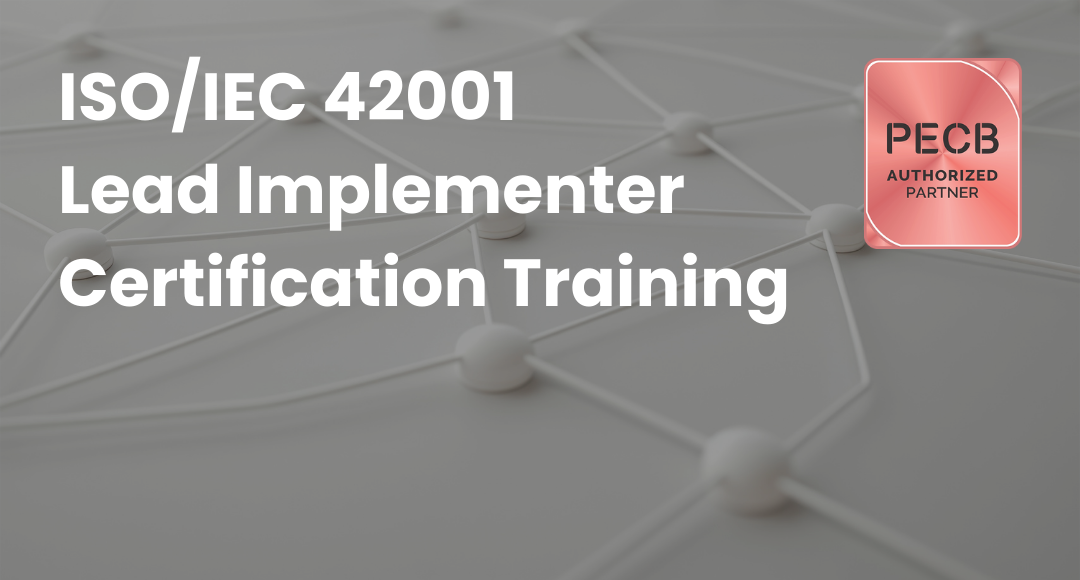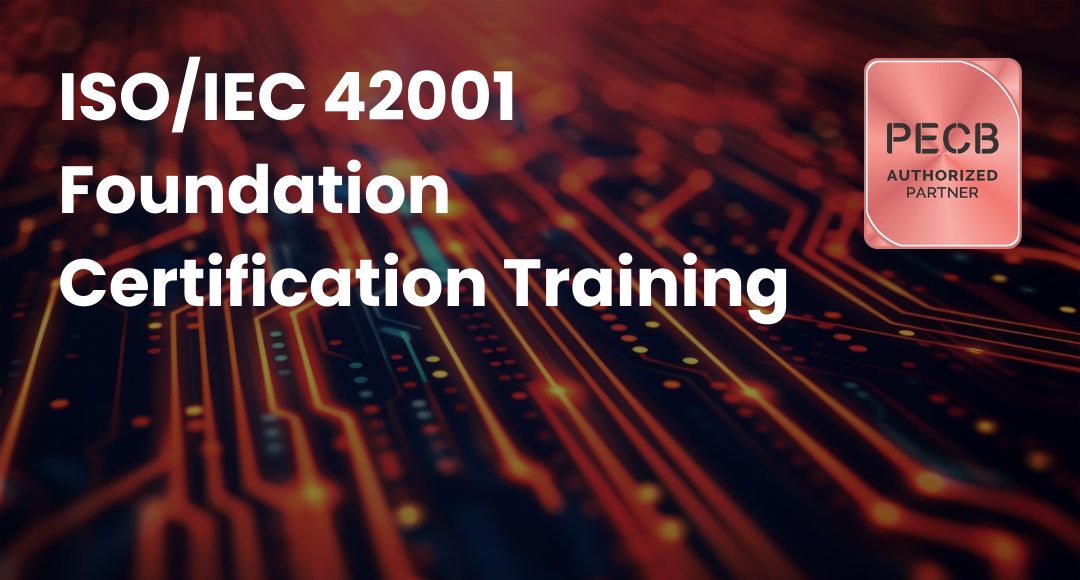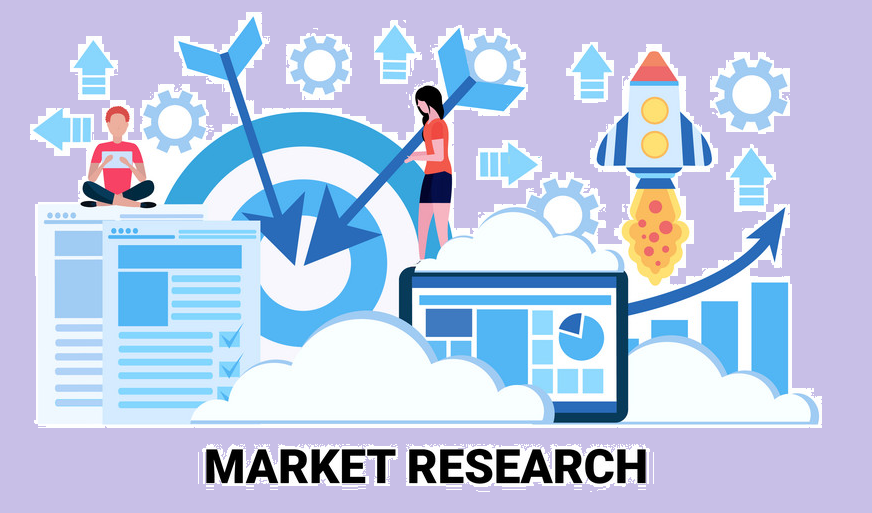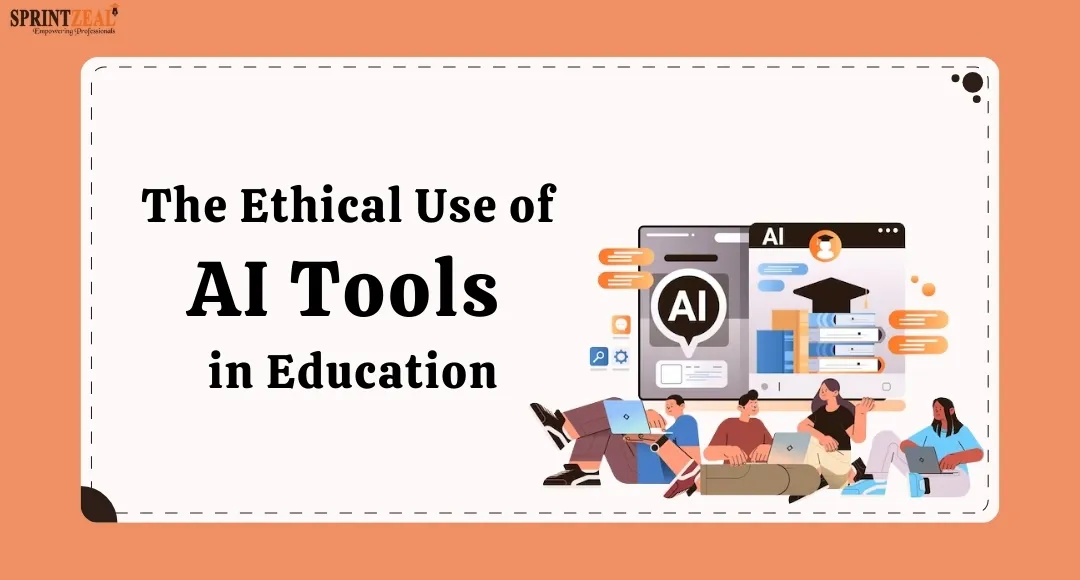AI and Future Opportunities - AI's Capacity and Potential
-
 By Nchumbeni Yanthan
By Nchumbeni Yanthan - Published on Jun 8 2023

Table of Contents
Introduction
The rapid evolution and the future of artificial intelligence is reshaping both business operations and everyday life, influencing employment dynamics and social interactions. AI and future opportunities present a vast array of possibilities that possess the potential to reshape the trajectory of human history. This article delves into the intriguing potential of AI, exploring how it can create fresh avenues for individuals and businesses. With its advantages, the future of AI technology can open up new horizons of opportunity.
The Capacity of AI
AI refers to the development of computer systems that mimic human intelligence. Artificial Intelligence advancements enables machines to mimic human thinking machine learning and data decision-making through advanced evaluation.
Numerous opportunities are now available for businesses, enabling them to increase productivity, streamline processes, and provide individualized customer experiences.
Organizations can increase their efficiency and effectiveness across a range of fields by leveraging AI.
Future Opportunities in AI
1) Automation and Efficiency
The advent of AI automation holds the potential to revolutionize various industries through improved process efficiency, error reduction, and increased productivity. The AI in industries across manufacturing and logistics, businesses can harness AI to automate mundane tasks, allowing human resources to focus on strategic and innovative endeavors.
Embracing AI-powered solutions enables organizations to unlock unparalleled efficiency improvements, resulting in cost savings and a competitive edge.
2) Enhanced Customer Experiences
In the age of AI, delivering exceptional customer experience has emerged as a crucial factor for businesses to stand out. Utilizing AI-driven chatbots and virtual assistants allows companies to offer immediate and personalized customer support, leading to increased satisfaction and loyalty. Furthermore, AI algorithms can analyze extensive customer data, extracting valuable insights that enable businesses to provide customized products and services that align with individual preferences and requirements.

3) Healthcare Revolution
The healthcare industry stands to AI automation benefits immensely from AI advancements. From disease diagnosis to drug discovery, AI algorithms can analyze complex medical data, enabling accurate and timely diagnoses and treatment recommendations.
AI-powered wearables and remote monitoring systems can also revolutionize patient care by providing real-time insights, enabling proactive interventions, and reducing healthcare costs.
Furthermore, the integration of AI emotion recognition technology adds a new dimension to patient care. By analyzing facial expressions, voice tone, and other emotional cues, AI can help healthcare providers better understand patients' emotional and psychological states.
Alongside these advancements, AI medical scribe is reshaping how clinicians handle documentation. Using natural language processing, these tools capture and structure clinical notes in real-time, easing administrative workload and helping clinicians focus more on patient care.
4) Smarter Cities
AI has the potential to transform urban environments into smart cities. By integrating AI into infrastructure systems, cities can optimize traffic flow, reduce energy consumption, and enhance public safety.
AI-powered sensors and analytics can monitor and respond to environmental changes, enabling more sustainable and resilient cities. Moreover, AI can enable intelligent public services, such as smart transportation, waste management, and emergency response systems.
5) Ethical Considerations
As AI continues to advance; it brings forth significant ethical concerns that demand attention. With the growing complexity and autonomy of AI algorithms, it becomes essential to prioritize transparency, fairness, and accountability in their decision-making capabilities. Moreover, addressing concerns related to data privacy and security is crucial.
Organizations must embrace ethical AI frameworks and regulations to ensure the responsible and beneficial deployment of AI technologies. By doing so, we can harness the potential of AI while upholding ethical principles and protecting the well-being of individuals and society.
Expanding Opportunities: AI in Various Industries
1) Finance and Banking
The finance and banking sector can leverage AI to streamline operations, enhance fraud detection, and provide personalized financial advice. AI algorithms can analyze vast amounts of financial data to identify patterns and trends, enabling more accurate risk assessment and fraud prevention.
Additionally, AI-powered chatbots and virtual assistants can provide instant customer support and financial guidance, improving the overall banking experience.
2) Retail and E-commerce
AI in retail and e-commerce is transforming the industry by enabling personalized recommendations, optimizing inventory management, and improving customer engagement. AI algorithms can analyze customer behavior and preferences to offer tailored product suggestions, increasing customer satisfaction and sales. Moreover, AI-powered chatbots and virtual shopping assistants can provide real-time assistance, guiding customers through their purchasing journey.

3) Manufacturing and Supply Chain
AI-powered automation and predictive analytics are revolutionizing the manufacturing and supply chain industry. AI algorithms can optimize production processes, predict maintenance needs, and enable predictive quality control.
By integrating AI in manufacturing and supply chain, organizations can enhance demand forecasting, optimize inventory levels, and streamline logistics, leading to improved efficiency and cost savings.
4) Transportation and Logistics
AI technologies such as autonomous vehicles, route optimization algorithms, and predictive maintenance are transforming the transportation and logistics sector. Self-driving vehicles powered by AI algorithms can enhance safety, reduce transportation costs, and optimize delivery routes.
AI-enabled logistics platforms like delivery optimization software can optimize fleet management, improve last-mile delivery.
5) Education and Learning
AI in education and learning has the potential to revolutionize by providing personalized learning experiences and improving educational outcomes. AI-powered adaptive learning platforms can analyze individual student performance data to offer tailored recommendations and adaptive coursework.
Additionally, AI-enabled virtual tutors and educational chatbots can provide instant support and feedback, enhancing student engagement and comprehension.
Conclusion
Artificial Intelligence presents a world of endless possibilities and AI future opportunities across various industries. From automation and efficiency gains to enhanced customer experiences and transformative revolutions in healthcare, cities, and more, AI is reshaping the way we live and work. However, it is essential to address ethical considerations and ensure responsible AI implementation.
At Sprintzeal, we understand the transformative power of AI and offer a range of comprehensive programs and courses to equip individuals and organizations with the knowledge and skills needed to navigate this AI-driven future.
Join us on this exciting journey and be at the forefront of the AI revolution and opportunities. Take the leap into the AI world and explore Sprintzeal's Artificial Intelligence Certification Training today!
For more details or queries, reach us by email or chat with out expert.
Frequently Asked Questions (FAQs)
What is Artificial Intelligence (AI)?
Artificial Intelligence (AI) encompasses the creation of computer systems capable of executing tasks that traditionally necessitate human intelligence. This field relies on cutting-edge algorithms and data-driven insights to empower machines in emulating human thought processes and decision-making abilities.
What are the future opportunities in AI?
Future opportunities in AI include automation and efficiency gains across industries, enhanced customer experiences through personalized support, revolutionizing healthcare with accurate diagnostics and proactive interventions, transforming cities into smart and sustainable environments, and addressing ethical considerations for responsible AI implementation.
How can organizations benefit from AI?
Organizations can benefit from AI by streamlining operations, reducing errors, and increasing productivity through automation and efficiency gains.
AI-powered systems can provide personalized customer experiences, improve healthcare outcomes, optimize city infrastructure, and drive innovation across industries.
How can individuals’ upskill in AI?
Individuals can upskill in AI by enrolling in comprehensive AI certification programs offered by Sprintzeal. These programs cover fundamental concepts, machine learning algorithms, natural language processing, computer vision, and more. Hands-on experience through practical projects enables individuals to become proficient AI practitioners.
How can AI transform industries like finance, retail, and healthcare?
AI can transform industries like finance by streamlining operations, enhancing fraud detection, and providing personalized financial advice.
In retail, AI enables personalized recommendations, optimized inventory management, and improved customer engagement. In healthcare, AI aids in accurate diagnoses, drug discovery, and remote patient monitoring.
Subscribe to our Newsletters
Popular Programs
Artificial Intelligence Certified Executive (AICE) AI3090
Live Virtual Training
- 4 (650 + Ratings)
- 30k + Learners
Artificial Intelligence Foundation (AIF) AI3010
Live Virtual Training
- 4.8 (650 + Ratings)
- 4k + Learners
Certified Artificial Intelligence Expert (CAIE) AI3050
Live Virtual Training
- 4.5 (650 + Ratings)
- 70k + Learners
Certified Computer Vision Expert (CCVE) AI3080
Live Virtual Training
- 4.9 (650 + Ratings)
- 23k + Learners
Certified Deep Learning Expert (CDLE) AI3060
Live Virtual Training
- 4.2 (650 + Ratings)
- 29k + Learners
Certified Machine Learning Associate (CMLA) AI3020
Live Virtual Training
- 4.5 (650 + Ratings)
- 60k + Learners
Certified Natural Language Processing Expert (CNLPE) AI3070
Live Virtual Training
- 4.4 (650 + Ratings)
- 27k + Learners
Trending Posts
Top AI Certifications: A Guide to AI and Machine Learning in 2026
Last updated on Dec 20 2024
Top Machine Learning Frameworks to Use
Last updated on Feb 28 2024
Best Prompt Engineering Tools to Master AI Interaction and Content Generation
Last updated on Oct 16 2025
Machine Learning Regularization - An Overview
Last updated on Jan 5 2024
Integrating AI to Personalize the E-Commerce Customer Journey
Last updated on May 1 2025
The Importance of Ethical Use of AI Tools in Education
Last updated on Nov 14 2025
Categories
- Other 73
- Agile Management 49
- Cloud Computing 58
- Project Management 174
- Data Science 68
- Business Management 88
- Digital Marketing 83
- IT Service Management 29
- Programming Language 60
- AI and Machine Learning 87
- IT Security 113
- Quality Management 78
- IT Hardware and Networking 26
- Microsoft Program 5
- Workplace Skill Building 15
- Risk Management 9
- Information Security 8
- Leadership and Management 9
- Corporate Training and Development 1
Trending Now
Consumer Buying Behavior Made Easy in 2026 with AI
Article7 Amazing Facts About Artificial Intelligence
ebookMachine Learning Interview Questions and Answers 2026
ArticleHow to Become a Machine Learning Engineer
ArticleData Mining Vs. Machine Learning – Understanding Key Differences
ArticleMachine Learning Algorithms - Know the Essentials
ArticleMachine Learning Regularization - An Overview
ArticleMachine Learning Regression Analysis Explained
ArticleClassification in Machine Learning Explained
ArticleDeep Learning Applications and Neural Networks
ArticleDeep Learning vs Machine Learning - Differences Explained
ArticleDeep Learning Interview Questions - Best of 2026
ArticleFuture of Artificial Intelligence in Various Industries
ArticleMachine Learning Cheat Sheet: A Brief Beginner’s Guide
ArticleArtificial Intelligence Career Guide: Become an AI Expert
ArticleAI Engineer Salary in 2026 - US, Canada, India, and more
ArticleTop Machine Learning Frameworks to Use
ArticleData Science vs Artificial Intelligence - Top Differences
ArticleData Science vs Machine Learning - Differences Explained
ArticleCognitive AI: The Ultimate Guide
ArticleTypes Of Artificial Intelligence and its Branches
ArticleWhat are the Prerequisites for Machine Learning?
ArticleWhat is Hyperautomation? Why is it important?
ArticleWhat is a Metaverse? An In-Depth Guide to the VR Universe
ArticleTop 10 Career Opportunities in Artificial Intelligence
ArticleExplore Top 8 AI Engineer Career Opportunities
ArticleA Guide to Understanding ISO/IEC 42001 Standard
ArticleNavigating Ethical AI: The Role of ISO/IEC 42001
ArticleHow AI and Machine Learning Enhance Information Security Management
ArticleGuide to Implementing AI Solutions in Compliance with ISO/IEC 42001
ArticleThe Benefits of Machine Learning in Data Protection with ISO/IEC 42001
ArticleChallenges and solutions of Integrating AI with ISO/IEC 42001
ArticleFuture of AI with ISO 42001: Trends and Insights
ArticleTop 15 Best Machine Learning Books for 2026
ArticleTop AI Certifications: A Guide to AI and Machine Learning in 2026
ArticleHow to Build Your Own AI Chatbots in 2026?
ArticleGemini Vs ChatGPT: Comparing Two Giants in AI
ArticleThe Rise of AI-Driven Video Editing: How Automation is Changing the Creative Process
ArticleHow to Use ChatGPT to Improve Productivity?
ArticleTop Artificial Intelligence Tools to Use in 2026
ArticleHow Good Are Text Humanizers? Let's Test with An Example
ArticleBest Tools to Convert Images into Videos
ArticleFuture of Quality Management: Role of Generative AI in Six Sigma and Beyond
ArticleIntegrating AI to Personalize the E-Commerce Customer Journey
ArticleHow Text-to-Speech Is Transforming the Educational Landscape
ArticleAI in Performance Management: The Future of HR Tech
ArticleAre AI-Generated Blog Posts the Future or a Risk to Authenticity?
ArticleExplore Short AI: A Game-Changer for Video Creators - Review
Article12 Undetectable AI Writers to Make Your Content Human-Like in 2026
ArticleHow AI Content Detection Will Change Education in the Digital Age
ArticleWhat’s the Best AI Detector to Stay Out of Academic Trouble?
ArticleAudioenhancer.ai: Perfect for Podcasters, YouTubers, and Influencers
ArticleHow AI is quietly changing how business owners build websites
ArticleMusicCreator AI Review: The Future of Music Generation
ArticleHumanizer Pro: Instantly Humanize AI Generated Content & Pass Any AI Detector
ArticleBringing Your Scripts to Life with CapCut’s Text-to-Speech AI Tool
ArticleHow to build an AI Sales Agent in 2026: Architecture, Strategies & Best practices
ArticleRedefining Workforce Support: How AI Assistants Transform HR Operations
ArticleTop Artificial Intelligence Interview Questions for 2026
ArticleHow AI Is Transforming the Way Businesses Build and Nurture Customer Relationships
ArticleBest Prompt Engineering Tools to Master AI Interaction and Content Generation
Article7 Reasons Why AI Content Detection is Essential for Education
ArticleTop Machine Learning Tools You Should Know in 2026
ArticleMachine Learning Project Ideas to Enhance Your AI Skills
ArticleWhat Is AI? Understanding Artificial Intelligence and How It Works
ArticleHow Agentic AI is Redefining Automation
ArticleThe Importance of Ethical Use of AI Tools in Education
ArticleFree Nano Banana Pro on ImagineArt: A Guide
ArticleDiscover the Best AI Agents Transforming Businesses in 2026
ArticleEssential Tools in Data Science for 2026
ArticleLearn How AI Automation Is Evolving in 2026
ArticleGenerative AI vs Predictive AI: Key Differences
ArticleHow AI is Revolutionizing Data Analytics
ArticleWhat is Jasper AI? Uses, Features & Advantages
ArticleWhat Are Small Language Models?
ArticleWhat Are Custom AI Agents and Where Are They Best Used
ArticleAI’s Hidden Decay: How to Measure and Mitigate Algorithmic Change
ArticleAmbient Intelligence: Transforming Smart Environments with AI
ArticleConvolutional Neural Networks Explained: How CNNs Work in Deep Learning
ArticleAI Headshot Generator for Personal Branding: How to Pick One That Looks Real
ArticleWhat Is NeRF (Neural Radiance Field)?
ArticleRandom Forest Algorithm: How It Works and Why It Matters
ArticleWhat is Causal Machine Learning and Why Does It Matter?
ArticleThe Professional Guide to Localizing YouTube Content with AI Dubbing
ArticleMachine Learning for Cybersecurity in 2026: Trends, Use Cases, and Future Impact
ArticleWhat is Data Annotation ? Developing High-Performance AI Systems
Article
